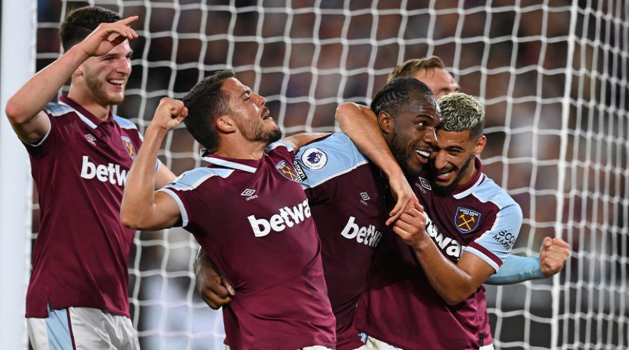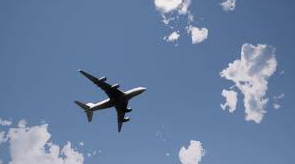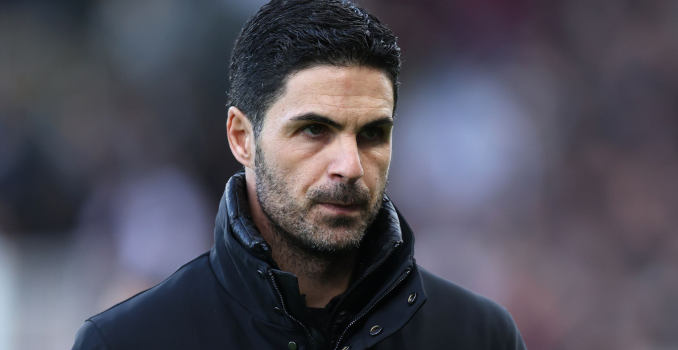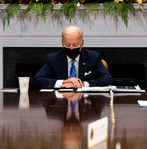
How to keep festive feuds at bay and enjoy a peaceful holiday season
With Christmas approaching, the prospect of navigating family gatherings amid political tensions can feel daunting. Whether it’s lingering debates about the controversial Tory Christmas party or past images of public figures, like Matt Hancock, family members may not see eye to eye. Add in the festive alcohol and extended time together, and the stage is set for potential clashes.
Peter Saddington, a counsellor with Relate, the UK’s largest relationship charity, highlights that this is a common problem, especially during the Christmas period when routine is disrupted. “There’s no structure, work is on hold, and alcohol is often flowing,” Saddington says. “We’re not used to spending so much time together, and when expectations are high, frustrations can quickly lead to arguments.”
A 2019 survey by Relate revealed that one in five Britons anticipated political disputes during the holiday season. To help avoid family bust-ups, Saddington and psychotherapist Murray Blacket offer strategies for maintaining harmony over the festive period.
Preparation is Key
Saddington advises proactive planning to handle potential conflicts. “Talk to your partner ahead of time to make a contingency plan if tensions rise. If one person tends to stir things up, plan an activity to distract them—like asking them to help in the kitchen or take a walk.” Blacket also recommends strategic seating arrangements to prevent any individuals from clashing. “Avoid seating people next to each other who tend to wind each other up.”
Set Boundaries
It’s important to communicate your limits to avoid uncomfortable situations. Saddington suggests informing your partner if you feel uneasy about spending time with certain relatives, establishing a time limit for your visit. Blacket adds that, often, women bear the brunt of managing family dynamics, so couples should address this together in advance.
Acknowledge Family Baggage
Recognising that everyone carries personal baggage from the year is key to maintaining empathy. Blacket points out that the holidays bring together people with varying struggles, such as divorce or job loss, which can influence family dynamics. Understanding these pressures can help prevent misunderstandings.
Stay Alert for Tension
Saddington stresses the importance of noticing when a disagreement is about to escalate. “If someone seems upset or the conversation is headed in a heated direction, it’s better to defuse it early before it explodes.”
Limit Alcohol Consumption
While a glass of wine might seem like the perfect way to navigate awkward moments, moderation is crucial. “Be mindful of alcohol intake,” says Saddington. “If everyone is helping themselves, it can quickly get out of control. Serve alcohol in smaller amounts and encourage moderation.”
Keep Busy
Sitting idle can increase the chances of conflict, particularly for children or teenagers who might become restless. Saddington suggests incorporating activities like walks, games, or even simple tasks like peeling sprouts to keep everyone occupied and reduce tensions.
Give Everyone a Chance to Speak
Family gatherings often feature individuals who dominate conversations, leaving others feeling sidelined. Blacket recommends a simple game, like “pass the spoon,” where only the person holding the utensil can speak. This ensures that everyone has a chance to voice their thoughts.
Take Time for Yourself
Sometimes, stepping away from the crowd is essential for preserving your sanity. “It’s okay to take a break if you’re feeling overwhelmed,” Saddington advises. “Let your partner or another ally know that you may need some time alone to recharge.” Don’t feel guilty about taking this time; it’s vital for your well-being.
Walk Away If a Row Starts
If an argument escalates, the best approach may be to simply walk away. “When a situation turns heated, it’s unlikely a resolution will come from continuing the fight, especially if alcohol is involved,” Saddington says. “Instead, move away from the situation, get some physical distance, and allow yourself to cool off.”




















Comments
Hello world!
Pic of the week: Sunset at margate beach
The first day’s journey was through the pink fields
The first day’s journey was through the pink fields
The first day’s journey was through the pink fields